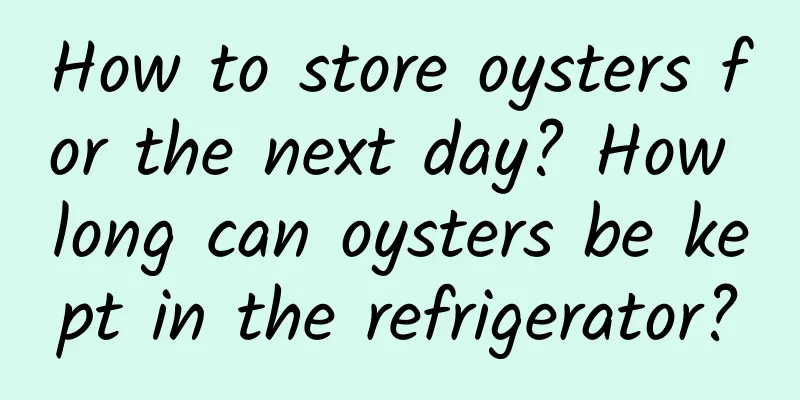What causes renal cysts in women?

|
Women are more likely to get kidney cysts. If the growth rate of kidney cysts is slow, the impact on health is relatively small. Patients often have no symptoms. Sometimes the symptoms are only discovered during a physical examination. There are many causes of kidney cysts, and congenital dysplasia has an important relationship with them. Gene mutation is also a cause of kidney cysts. Of course, long-term chronic infections can also easily lead to it. 1. Congenital maldevelopment Congenital maldevelopment can cause a variety of diseases. For cystic kidney disease, it can mainly cause medullary sponge kidney, dysplastic polycystic kidney disease, etc. The genes of congenital developmental abnormalities are generally not abnormal, so it is different from genetic inheritance or gene mutation. 2. Gene mutation (non-hereditary) For polycystic kidney disease, it is mostly inherited through the genes of parents, which is divided into autosomal dominant inheritance and autosomal recessive inheritance. However, some polycystic kidney disease patients do not inherit the disease from their parents, nor do they have congenital dysplastic polycystic kidney disease, but rather a gene mutation during embryo formation. During the embryonic formation process, due to the influence of various factors, the gene mutates and forms polycystic kidney disease. Although this situation is rare, it can still occur. Therefore, some polycystic kidney patients may not have a parental genetic history. 3. Various infections Infection can cause abnormal changes in the body's internal environment, thereby creating environmental conditions that are conducive to changes in cyst genes and enhancing the activity of the cyst's internal factors, which can promote the formation and growth of cysts. Any infection in any part of the body will enter the kidneys through the blood and affect the cysts. If the cyst is infected, in addition to aggravating the clinical symptoms, it will also cause the cyst to grow further and aggravate renal damage. Common infections include upper respiratory tract infections (including colds), urinary tract infections, gastrointestinal tract infections, skin infections, traumatic infections, instrument infections, etc. That is, whether it is bacterial infection or viral infection, it can have a great impact on cysts. 4. Toxins Toxins can damage various cells, tissues and organs in the human body, causing diseases and even endangering life. It is also one of the main causes of gene mutations, congenital developmental abnormalities and other phenomena. Common toxins include pesticides, certain chemicals, radiation, pollution, etc. It is particularly important to point out that some drugs are also nephrotoxic and can easily cause kidney damage if used improperly. These drugs include: kanamycin, gentamicin, sulfonamides, rifampicin, indomethacin, and other Western medicines, as well as traditional Chinese medicines such as strychnine. 5. Diet Maybe everyone doesn’t know that bad eating habits may cause many diseases, and of course it is also an important factor in the occurrence, development and change of cystic disease. |
<<: What to do if a cyst grows on the appendages
>>: Does hysterectomy affect women's sex life?
Recommend
Samsung Electronics' smartphone production exceeds 300 million units in 2021
Relevant sources revealed that in 2021, Samsung E...
Why do some people look old and some look young? The reason has finally been found
In our lives, some people seem to have "eate...
How to deal with a miscarriage
There are two types of miscarriage: natural misca...
Ovulation 15 days after bleeding successful pregnancy
Ovulation is just like a woman's menstrual pe...
How to recover from looseness below
Women all want to be beautiful from the inside ou...
Do red dates have the effect of protecting the liver? What is the best thing to eat to protect the liver when staying up late?
Staying up late for a long time can cause liver di...
Can I wash my hands with cold water when I get frostbite? What should I do if I get frostbite every year?
Winter is bitterly cold in both the south and the...
What happens if there is a lot of blood in the vaginal discharge?
Leucorrhea is a secretion from the female vagina....
Cervical clamp cervical opening picture
The clamping surgery is a treatment for patients ...
What to do if you feel uncomfortable and can't eat in the early stages of pregnancy
Women’s suffering begins with pregnancy. Women in...
The reason why women suddenly lose a lot of hair
Important reminder: Hair is very important for ma...
How to retrieve deleted pictures and videos on OPPO phones? How to cancel call forwarding on OPPO phones
Friends who have been paying attention to us rece...
How to protect your knees when running?
People often tell me that their knees hurt after ...
What foods should women eat to reduce liver fire
Women are also prone to liver fire. At this time,...
Elderly people love to drink tea. Which is healthier, strong tea or weak tea?
Mr. Zhang, who is in his 60s, told Huazi that he ...









